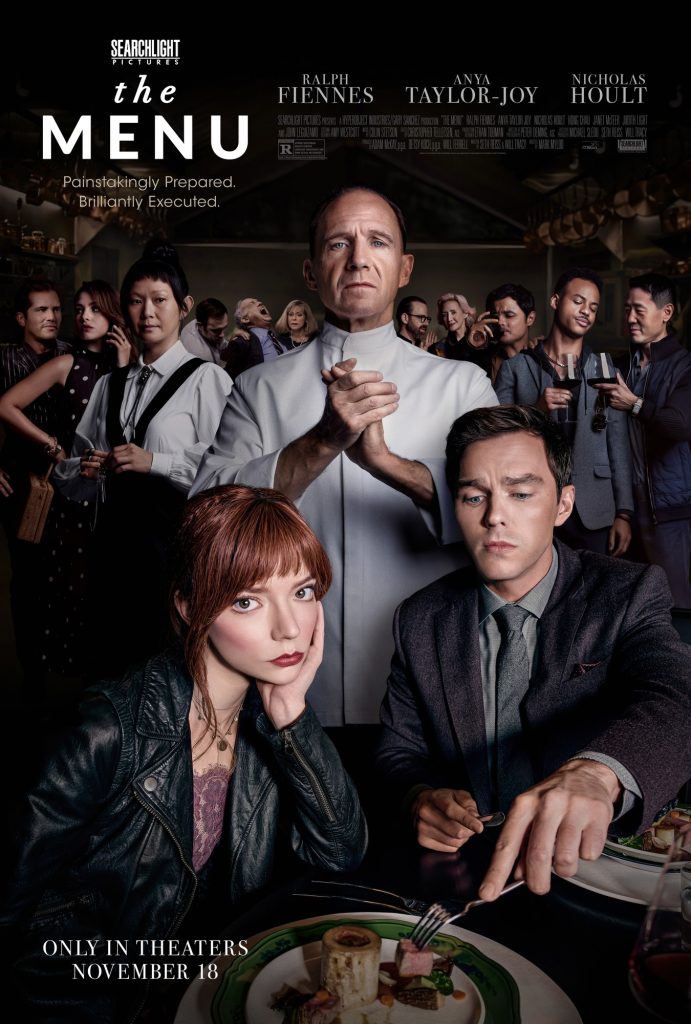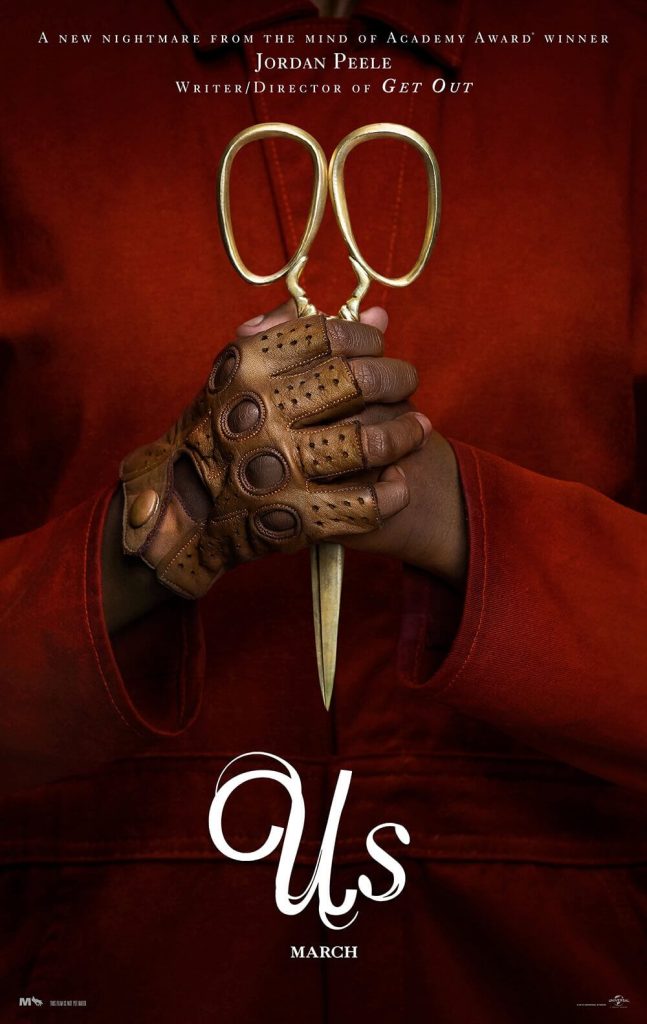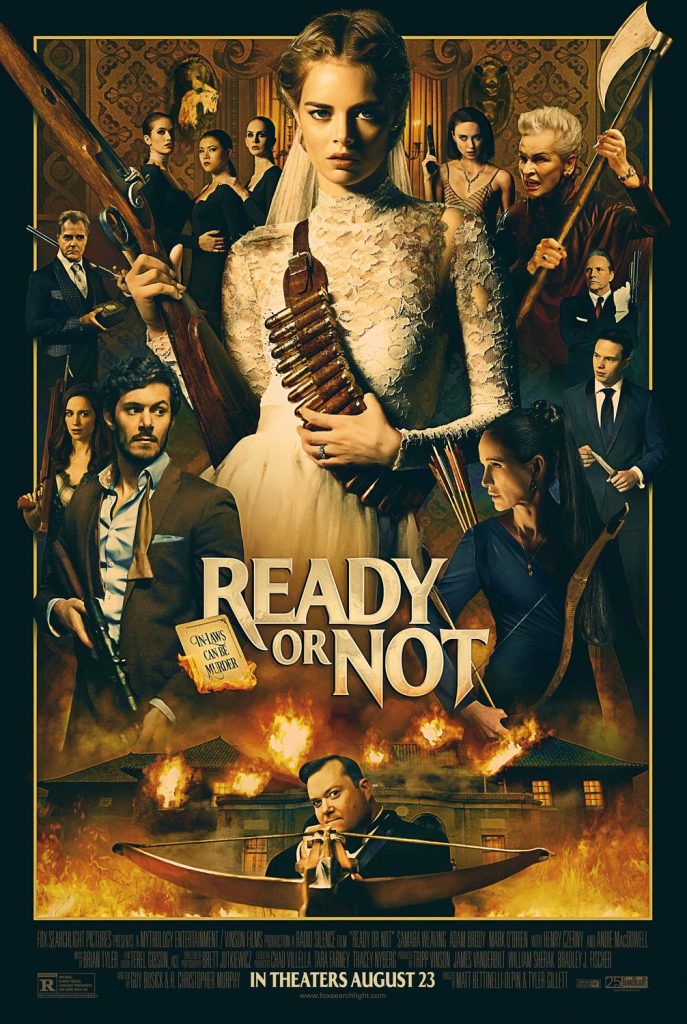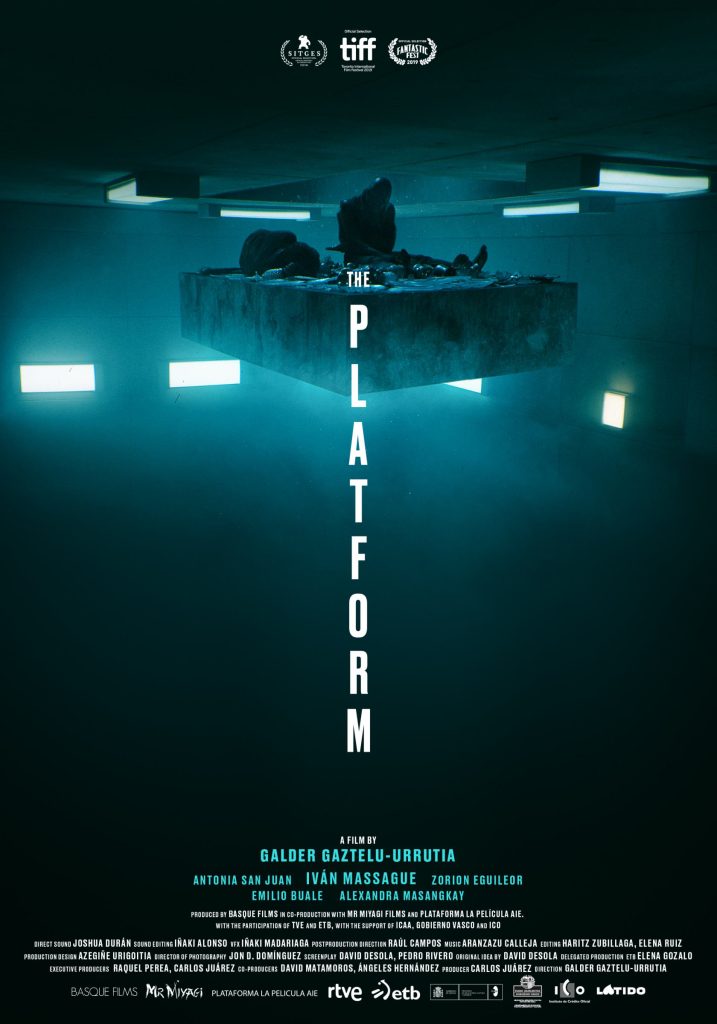Looking for an entertaining way to sink your teeth into issues of classism and wealth inequality? From the social commentary to the satire-filled plot lines, these films about eating the rich utilize the horror genre to leave readers with new perspectives on how social classes shape society.
Parasite
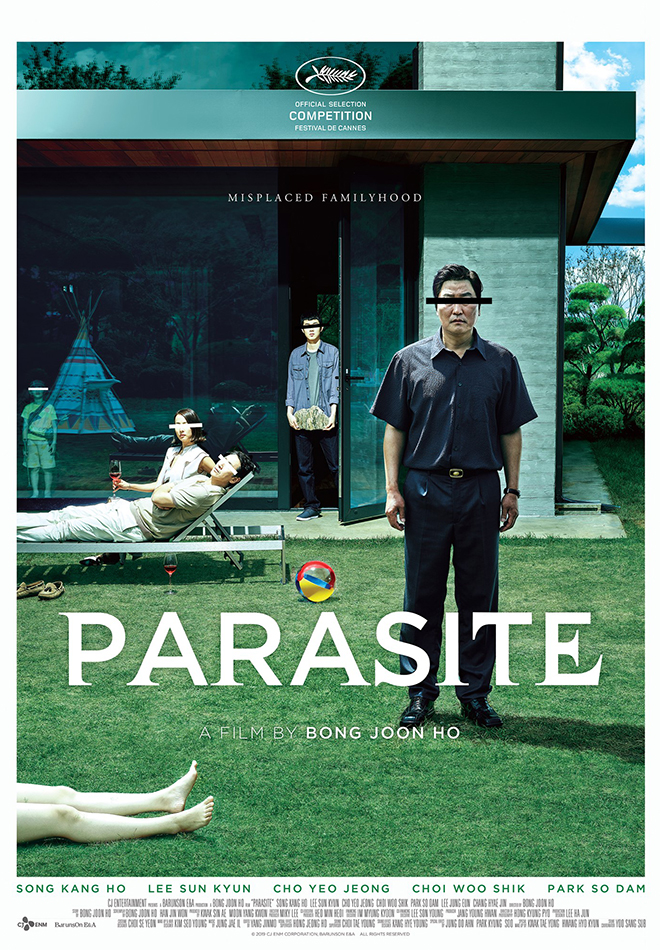
“Parasite,” released in 2019 by South Korean director Bong Joon-ho, has swept film critics off their feet, gaining global recognition and winning four awards at the 92nd Academy Awards. This film follows the Kim household, a lower-class Korean family, as they manipulate their way into the upper-class Park family’s life. As their lives become more and more intertwined, themes about power, the invisibility of the lower class, upward mobility and greed arise. Once the film concludes, it leaves viewers to question the relationship between the Park family and the Kim family: who really is the parasite?
The Menu
The most recently released film on this list, “The Menu,” is a horror film directed by Mark Mylod. With one of the most interesting takes on classism, the film revolves around fine dining. The film is structured by the different courses within a menu provided by the head chef, with each course becoming increasingly sinister. Head chef Julian Slowik confronts each of his powerful and influential guests that dine at his restaurant about how their thoughtless actions have impacted those around them. “The Menu” brings light to class systems through themes of food, criticizing how the pleasure of tasting food has been eroded by the need to turn a simple activity into one that requires status and wealth.
Us
“Us,” most notably recognized for its blood-red jumpsuit and surgical scissors, tells the story of the Wilson family, who go on vacation and are faced with an invasion of doppelgängers that are their own carbon copies. The film comments on classism through an examination of the neglect and invisibility of marginalized groups across America. Director Jordan Peele pointed to the film’s name as containing a double meaning: “us” as the personal pronoun and “U.S.” as a commentary on the United States. The emphasis on privilege showcases to viewers that with status comes ignorance of the struggles of those in lower socioeconomic classes.
Ready or Not
In a sick and twisted reenactment of a childhood game, “Ready or Not“ tells the story of the wedding of a newly-wed bride who marries into a wealthy and influential board-game-obsessed family. The hide-and-seek game is a commentary on the extreme lengths that the wealthy go to maintain their status, even if it means ruining the lives of others along the way. As those in upper-class positions continue to exploit and dispose of those of lower socioeconomic status, they lose their morals and what it means to be a human.
The Platform
“The Platform” is a Spanish science-fiction film produced in 2019 that quickly became popularized due to its unique setting and plot. Prisoners are placed in a tower-style prison, in which there are two prisoners on each level and a platform that descends with food every day. There is one caveat: the food is the scraps from the floor above. Prisoners at the top greedily stuff their faces with food, leaving little to those at the bottom, often resulting in their starvation. Director Galder Gaztelu-Urrutia alludes to wealth inequality, highlighting the lack of regard for those less fortunate: that the reality is that society is structured in a way that only benefits those at the top.


